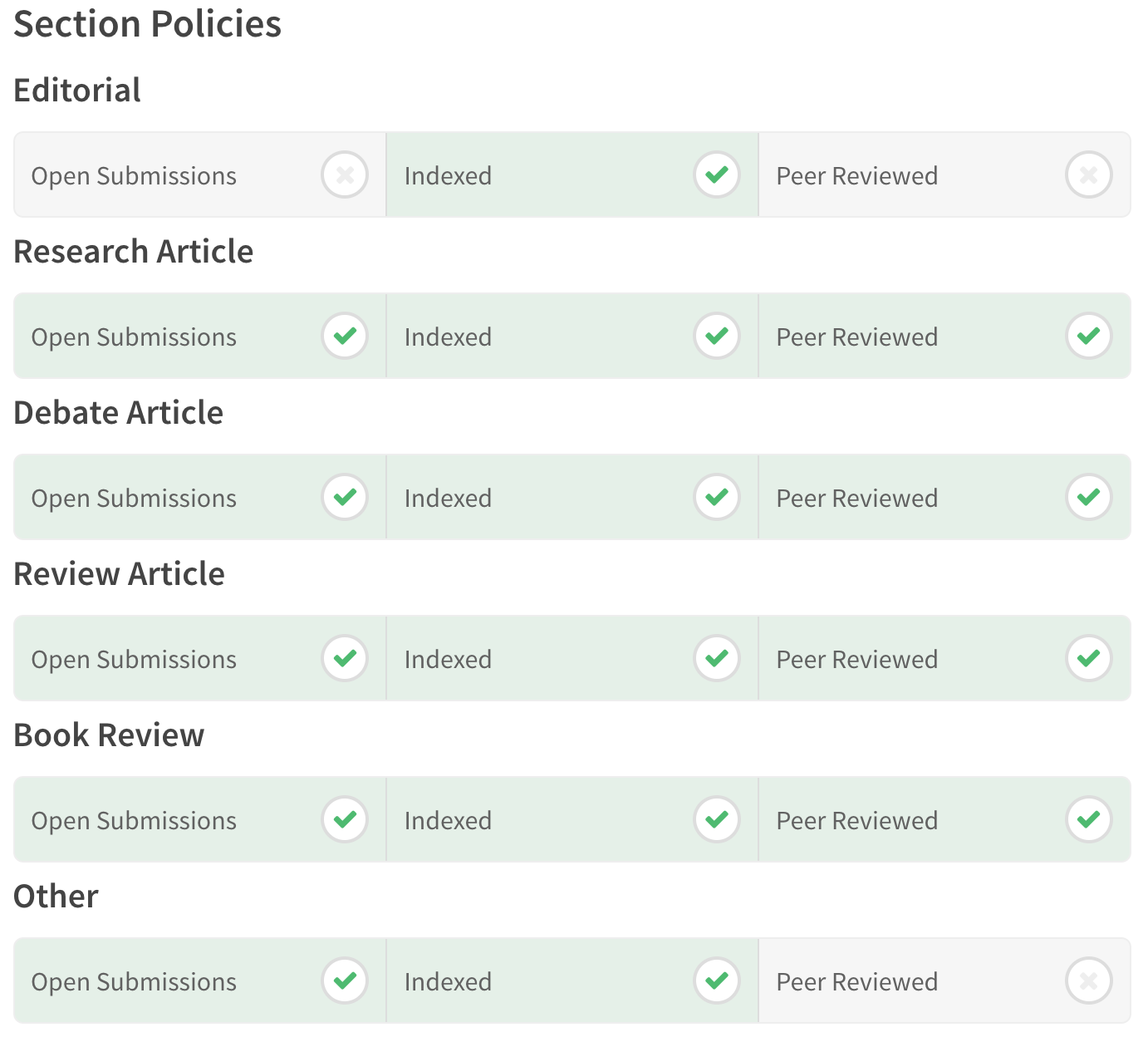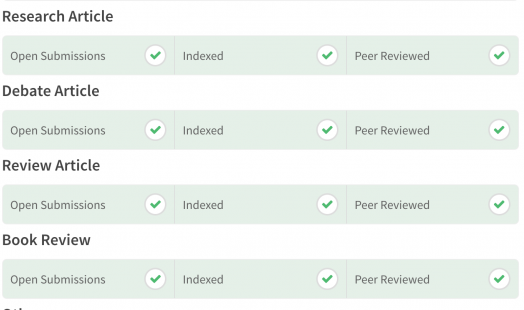Low Countries Journal of Social and Economic History - Peer reviews
Articles submitted to TSEG – the Low Countries Journal of Social and Economic History are initially assessed by the core members of the Editorial Board on the following general criteria.
Peer Review Process for authors:
- Relevance of the topic/theme of the article for Low Countries history
- Cursory check of the content
- Word count max. 8,000 words
- Authors guidelines sufficiently applied
On the basis of this first assessment, it will be decided if the submission is ready to be put to two external reviewers. Articles accepted for external review will be reviewed by the editorial board, which meets four times a year, as well as by two anonymous, external peer reviewers. TSEG – the Low Countries Journal of Social and Economic History applies a double blind peer review: referees remain anonymous for the author and the manuscript is anonymized for the experts who review the article.
We aim to inform authors within two months about the decision whether or not a manuscript will be sent out for review, and when the Editorial Board expects to discuss the submitted article. After receiving the referee reports, the manuscript will be discussed by the Editorial Board on its next meeting.
After the Editorial Board meeting the author will receive a decision letter as soon as possible, with a report of the Board’s evaluation of the manuscript.
There are four possible outcomes of the review process:
- Merits publication in the journal as it stands or with minor revision.
- Requires some revision before further consideration for publication.
- Requires major revision and possibly further substantive research before any consideration for publication.
- Is not suitable for publication in TSEG – the Low Countries Journal of Social and Economic History
In the case of a ‘2’ or a ‘3’, the author is invited to revise or rewrite the text on the basis of the evaluation report. The revision will preferably be re-submitted before the next Editorial Board meeting.




